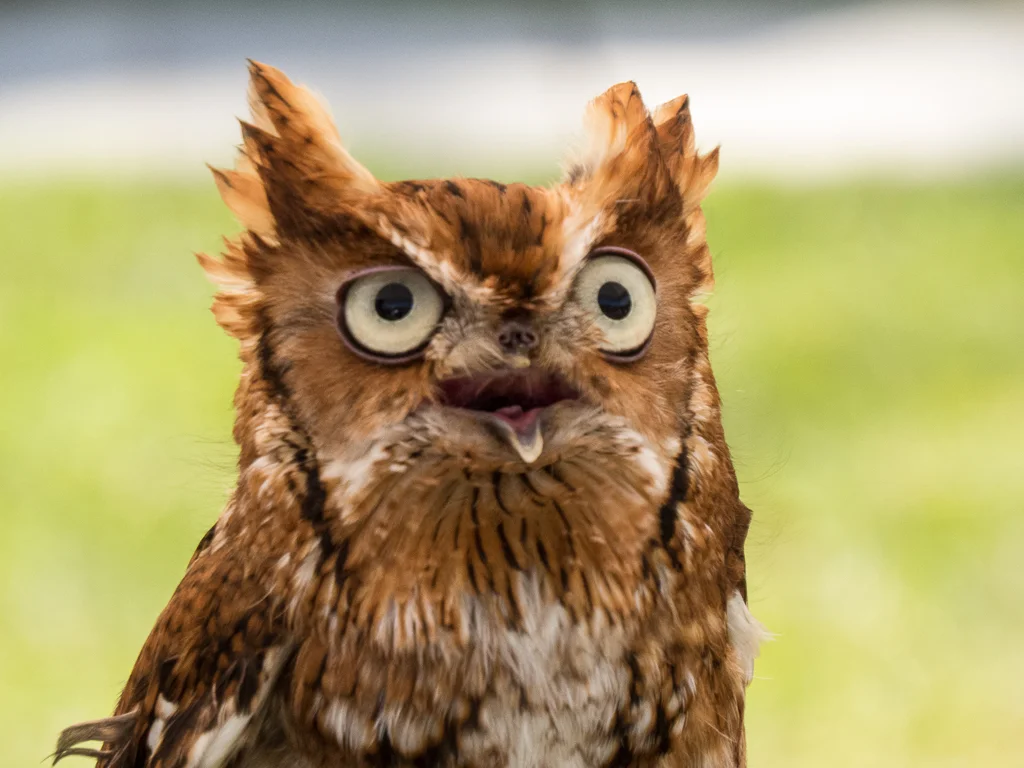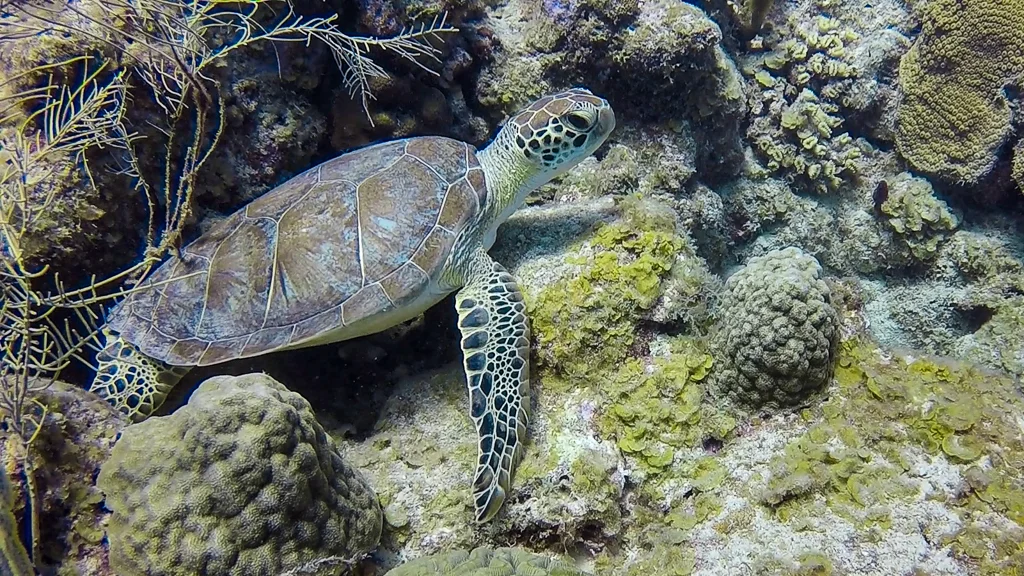Helping wildlife in trouble
In general, we are caring people and genuinely want to help when we see or find wildlife in trouble. That's great! But we don't always know what to do or who to ask for help when the time comes. Hopefully, this page will help.
Barn Swallow Chicks - Photo by Mary Lou Dickson
What should you do if you find an orphaned bird?
The best thing to do if you find a baby bird is to leave it alone. If the bird appears as though it has fallen from a nest, an attempt to locate the nest can be made, and the bird can be carefully returned. If the bird has feathers, it may be a fledged bird and a parent bird is probably close by. As long as the bird is in no danger from cats or other predators, it is best to watch the bird from a distance to see if a parent returns after an hour or so before determining that the bird needs human help.
If a nest cannot be located or the bird is “rescued,” call a licensed wildlife rehabilitator to care for the bird. Contact a licensed rehabilitator (see injured section below) as raising orphaned birds should be done by someone with specialized knowledge and a permit to have wild birds in captivity.
For more information about orphaned birds, visit our partner:
Orphaned Bird Care at www.orphanedbirdcare.com
Eastern Screech-owl (rehabilitated) - Photo by Mary Lou Dickson
What should you do if you find an injured bird or other wildlife?
Both Georgia and South Caroline Department of Natural Resources (DNR) provide information regarding helping injured wildlife in general, some specialize in injured birds.
Georgia:
GA DNR: 1-800-366-2661
GA DNR - Living with Wildlife webpage
List of wildlife rehabilitators by county
South Carolina
SC DNR: 1-803-734-3886
SC DNR - Wildlife Rehabilitators Registry webpage:
http://dnr.sc.gov/wildlife/rehabMaster list of Rehabilitators
Green Sea Turtle - Photo by Mary Lou Dickson
What should you do if you find an injured, stranded, or dead Sea Turtle?
Our members go far and wide while birding and are often the first on the beach. If you find an injured, stranded, or dead sea turtle, please use the following information to contact the appropriate agency for assistance.
Georgia:
Sea Turtle Hotline: 1-800-272-8363
Sea Turtle Recovery Effort webpage:
http://georgiawildlife.com/conservation/seaturtles
South Carolina:
Sea Turtle Hotline: 1-800-922-5431
SC Marine Turtle Conservation webpage
Humpback Whales - Photo by Mary Lou Dickson
What should you do if you see a dead or live stranded marine mammal?
Immediately call the Southeast Region Stranding Network 24-hour hotline: 1-877-WHALE HELP (1-877-942-5343) to be connected to your state’s marine mammals stranding network.The stranding network will send out trained responders who will get to the scene quickly with appropriate equipment.
All marine mammals are federally protected by the Marine Mammal Protection Act (MMPA). Only local and state officials and people authorized by NOAA Fisheries may legally handle live and dead marine mammals.




